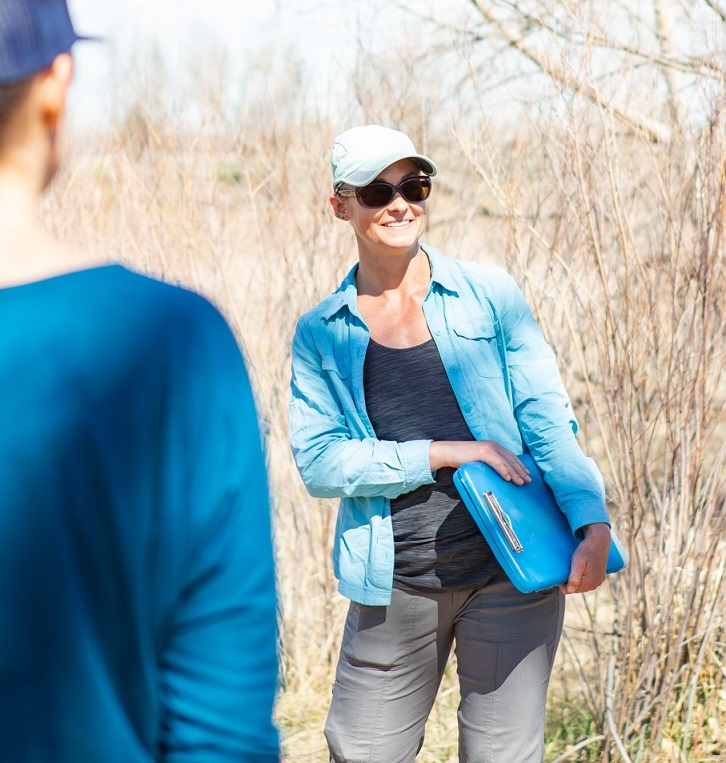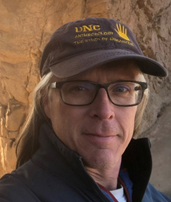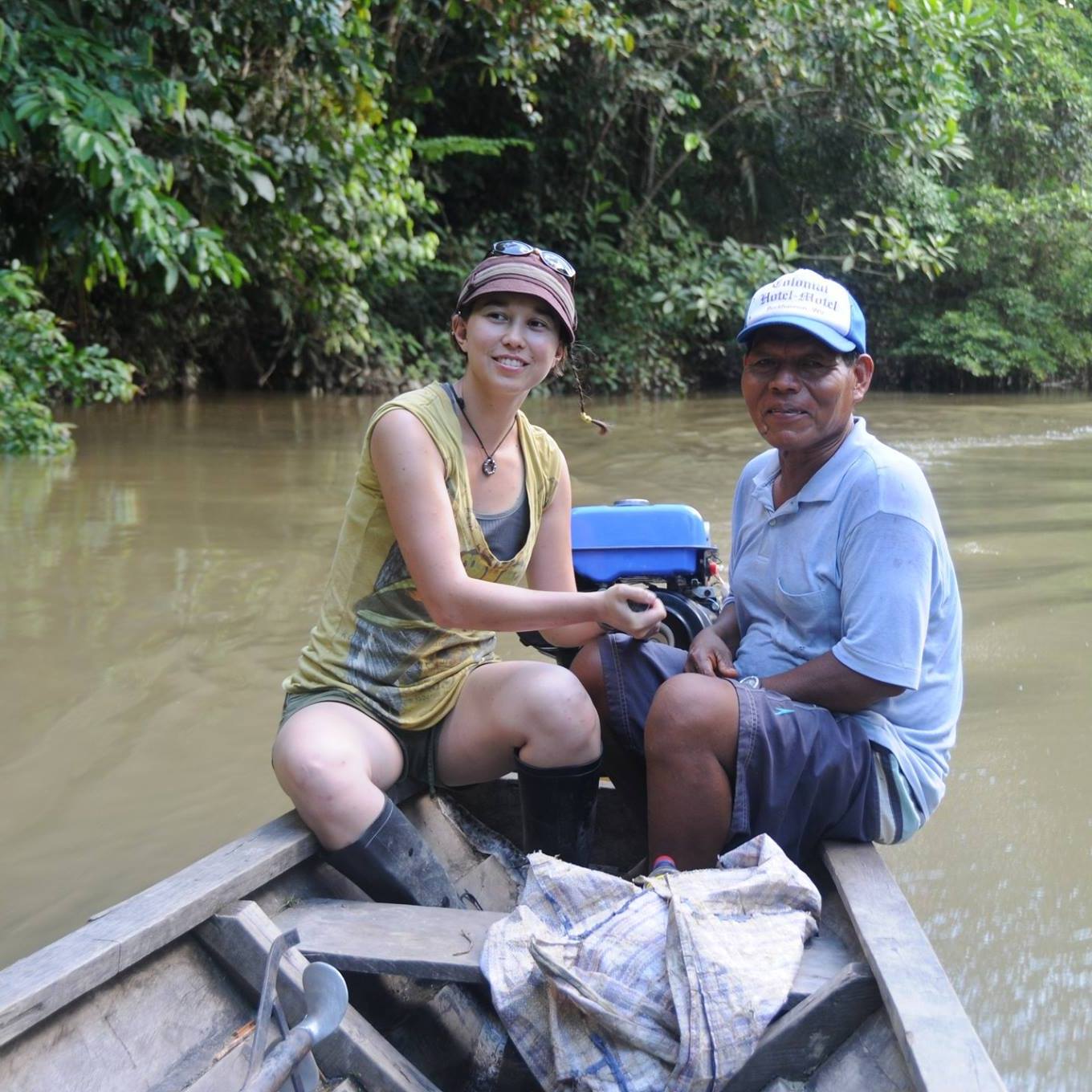AGES High School Bridge Course
Join a cohort of high school students for AGES college activities!
This AGES Bridge Program is a group of high school students who come to UNC for a couple of weeks during the summer. This means you'll meet other students who are thinking about coming to UNC who have a similar schedule and similar interests. Our team will also have extra advising, support, and fun events that fit into your schedules for the whole group to participate. This is a great way to make new friends, get connected, and work with dedicated faculty and existing undergraduate students who are excited to help you and have you join our UNC community.
What will we learn about?
The theme this year is “how people interact with the Earth and the environment”, so our program focuses on introducing skills, visiting locations, and meeting people with a focus on science across communities, space, and time. We will teach the students the skills used to be a scientist who studies the natural world. We will have field trips to locations such as Rocky Mountain National Park, the Poudre River, and other AGES related locations so participants can meet real scientists and learn about potential career opportunities. We will also focus on team building and teamwork so students get to know each other and learn the importance of collaborative work in these fields.

Understanding our environment
Scientific data collection is a skill that students will work on, practicing how to
collect data in nature and then what to do with that data, and what it means in the
big picture of our community and planet.
What is the schedule?
Here is an example schedule for a two week course that meets 3 to 4 days a week.

WHO CAN I TALK TO FOR MORE INFORMATION?
If you have questions about this program, please feel free to email the AGES team at ages@unco.edu or contact one of our AGES advisors:
- Dr. Sharon Bywater-Reyes (Geology): Sharon.BywaterReyes@unco.edu
- Dr. Andy Creekmore (Anthropology): Andrew.Creekmore@unco.edu
- Dr. Chelsie Romulo (Environmental Studies): Chelsie.Romulo@unco.edu
Meet your Learning Cohort Instructors!
Geoscience

Sharon Bywater-Reyes, PhD - High School Bridge Course Lead
Dr. Sharon Bywater-Reyes in an environmental geoscientist who studies Earth’s surface processes, including rivers and hillslopes. One of her main lines of research investigates how vegetation influences river processes, including invasive species such as tamarisk and Russian olive. She works locally within river systems to evaluate river restoration and management projects and also on trail sustainability. She teaches general geology, hydrology, soils, and geomorphology within the Earth and Atmospheric Sciences program.
Anthropology

Andrew Creekmore, PhD
Andy is Professor and Chair of the Department of Anthropology at the University of Northern Colorado. He is an anthropological archaeologist, and his research focuses on the application of geophysics methods such as ground penetrating radar, magnetometry, and resistivity to the spatial organization of settlements, especially ancient cities in the Near East. The goal of this research is to understand how people organize themselves in urban space, how this changes over time, and what socio-political and economic factors contribute to the social construction of cities. Andy has conducted field work in Turkey, Israel, Palestine, Syria, Iraq, and U.S.A. He curates and manages the Anthropology Department collections and is co-leading UNC’s NAGPRA compliance and consultations with Native American Tribes.
Environmental Sustainability

Dr. Chelsie Romulo, PhD
Chelsie is a professor in Environmental and Sustainability Studies at the University of Northern Colorado. Her research spans several resource management contexts, but consistently seeks to understand what works and why to explain what contextual characteristics result in impacts and outcomes. She uses mixed methods approaches to integrate quantitative and qualitative data that can be applied to many different management and policy situations and frequently make use of existing data in new contexts. One aspect of her research interests delves into evaluating enabling conditions for payments for ecosystem services programs using big data machine learning models. She is currently PI of an NSF IUSE grant using machine learning techniques as an assessment tool to understand how students learn complex sustainability topics.

